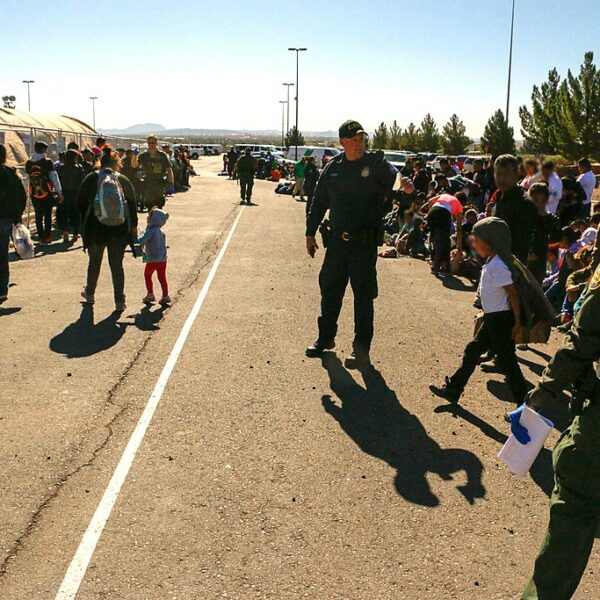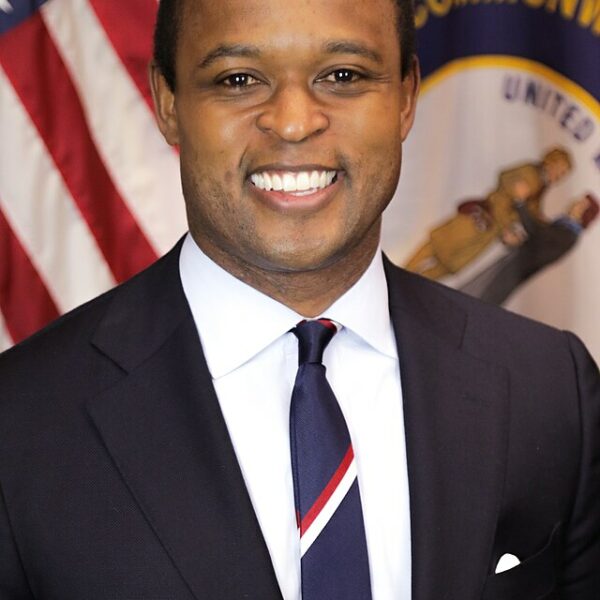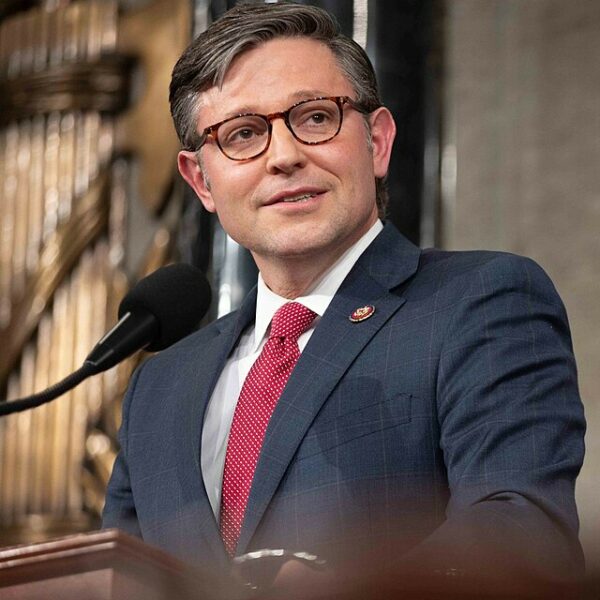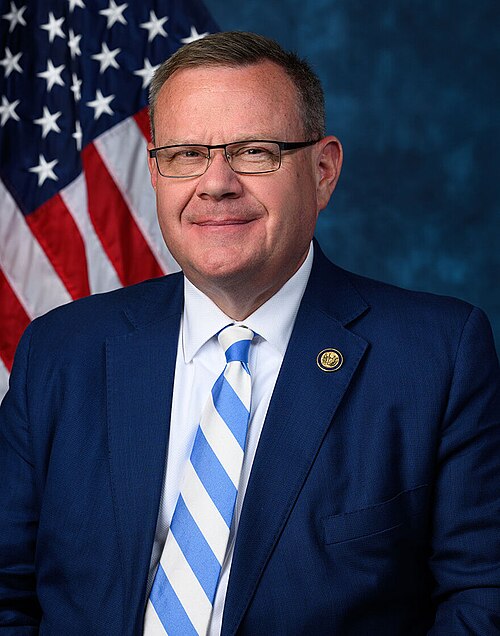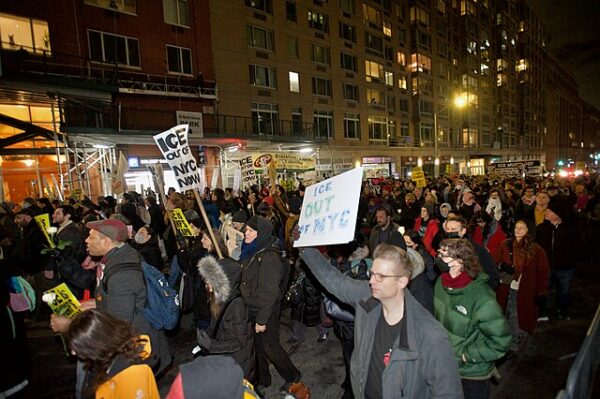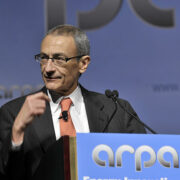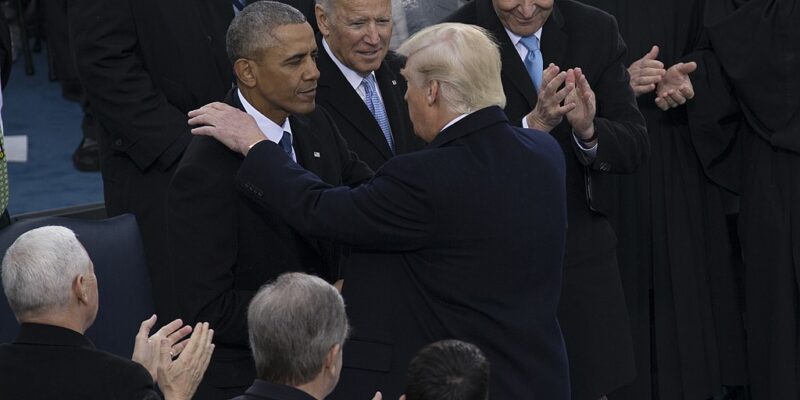
A newly released internal review by the Central Intelligence Agency has exposed serious corruption in the development of the intelligence community’s 2016 report on Russian election interference, raising renewed questions about the politicization of national security assessments during the final days of the Obama administration. The findings suggest that the report—widely cited as evidence that Russia sought to aid Donald Trump’s presidential campaign—was produced under extraordinary pressure from leftwing leaders, with key procedures bypassed and controversial sources inserted over the objections of seasoned analysts.
Conducted by career officials within the CIA’s Directorate of Analysis and initiated earlier this year under the supervision of a former senior agency leader, the review found that the report was assembled in little more than a week—an unusually compressed timeline for such a high-stakes, multi-agency assessment. That speed, combined with top-down involvement from political appointees and senior intelligence officials, resulted in a process that insiders now describe as skewed and incomplete.
NEW: Report via @CIADirector Ratcliffe
•Concludes that in 2016 then CIA Director Brennan and others rushed the Russia election interference intelligence assessment
•Brennan dismissed high level warnings that the Clinton campaign opposition research the “Steele dossier” did not… pic.twitter.com/tNsIzUY42H— Catherine Herridge (@C__Herridge) July 2, 2025
The New York Post reported that the assessment that Russia interfered in the 2016 presidential election to help Donald Trump was deliberately corrupted by then-CIA Director John Brennan, FBI Director James Comey and Director of National Intelligence James Clapper, who were “excessively involved” in its drafting, and rushed its completion in a “chaotic,” “atypical” and “markedly unconventional” process that raised questions of a “potential political motive.”
Further, Brennan’s decision to include the discredited Steele dossier, over the objections of the CIA’s most senior Russia experts, “undermined the credibility” of the assessment.
The “Tradecraft Review of the 2016 Intelligence Community Assessment [ICA] on Russian Election Interference” was conducted by career professionals at the CIA’s Directorate of Analysis and was commissioned by CIA Director John Ratcliffe in May.
The “lessons-learned review” found that, on December 6, 2016, six weeks before his presidency ended, Barack Obama ordered the assessment, which concluded that Russian President Vladimir Putin “aspired” to help Trump win the election. The review identified “multiple procedural anomalies” that undermined the credibility of the ICA, including “a highly compressed production timeline, stringent compartmentation, and excessive involvement of agency heads.”
Among the most damning findings is the inclusion of disputed material from a former British spy—a reference widely understood to mean Christopher Steele—whose work had been financed by opponents of then-candidate Trump. Despite internal warnings that the source lacked credibility and that corroboration was insufficient, the review found that CIA leadership insisted on incorporating the material, thereby injecting a partisan element into what was billed as a neutral intelligence product.
In another departure from standard practice, the assessment was carried out by a narrow, handpicked group of analysts and excluded input from other major intelligence agencies. The report’s release—just weeks before the Trump administration took office—coincided with a media firestorm and contributed to the public narrative that the incoming president’s legitimacy was compromised. Analysts involved in the new review now suggest that external pressure, including from political leadership and the press, likely shaped the conclusions drawn.
Veterans of the intelligence community warn that this episode represents a dangerous precedent in which intelligence was curated to fit a political storyline rather than assembled through a rigorous, dispassionate process. Some argue that the resulting report not only deepened domestic political divisions but also contributed to unnecessary diplomatic strain with Russia, compounding global tensions based on potentially flawed or incomplete evidence.
Lawmakers and watchdog groups are pressing for reforms to safeguard the objectivity of future assessments and restore public confidence in the integrity of U.S. intelligence institutions. As political operatives on both sides revisit the fraught legacy of 2016, the newly surfaced details are likely to fuel broader debates over the role of intelligence in a deeply divided American democracy.
[Read More: Trump Gets Big Win Against Mainstream Media]


